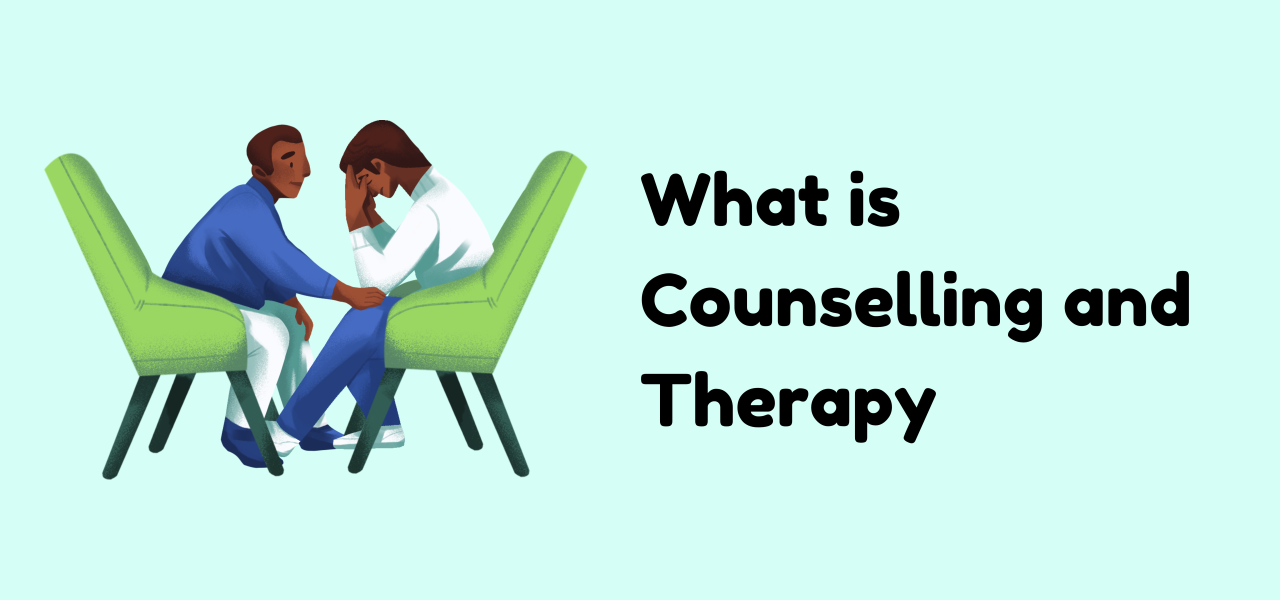Therapy and Counseling Nurturing Your Mental Health
Therapy and counseling are effective tools for addressing mental health concerns and promoting overall well-being. These practices provide a safe and supportive space to explore thoughts, feelings, and behaviors with a trained professional.
What is Therapy and Counseling?
Therapy and counseling involve regular sessions with a mental health professional, such as a psychologist, psychiatrist, or therapist. These sessions provide an opportunity to discuss your concerns, learn coping strategies, and work towards personal growth.
Common Reasons to Seek Therapy and Counseling:
- Anxiety and Depression: These conditions can significantly impact your quality of life.
- Relationship Issues: Struggles with partners, family members, or friends.
- Trauma: Experiencing traumatic events can lead to emotional and psychological distress.
- Grief and Loss: Coping with the loss of a loved one or other significant life changes.
- Life Transitions: Navigating major life transitions, such as career changes, moving, or retirement.
- Substance Abuse: Overcoming addiction and developing healthy coping mechanisms.
- Self-Esteem Issues: Building self-confidence and self-worth.
Types of Therapy and Counseling:
- Cognitive-Behavioral Therapy (CBT): Helps identify and challenge negative thought patterns and behaviors.
- Psychodynamic Therapy: Explores unconscious thoughts and feelings to gain insight into current behaviors.
- Humanistic Therapy: Focuses on personal growth and self-actualization.
- Family Therapy: Addresses family dynamics and communication patterns.
- Group Therapy: Provides a supportive group setting to share experiences and learn from others.
Benefits of Therapy and Counseling:
- Improved Mental Health: Reduced symptoms of anxiety, depression, and other mental health conditions.
- Enhanced Coping Skills: Development of effective strategies for managing stress and challenges.
- Increased Self-Awareness: Greater understanding of thoughts, feelings, and behaviors.
- Stronger Relationships: Improved communication and conflict resolution skills.
- Personal Growth: The opportunity to grow and develop as an individual.
Finding the Right Therapist When seeking therapy or counseling, consider factors such as:
- Credentials and Experience: Ensure the therapist is licensed and experienced in treating your specific concerns.
- Therapeutic Approach: Choose a therapist whose approach aligns with your needs and preferences.
- Rapport and Trust: A strong therapeutic relationship is essential for effective treatment.
- Insurance Coverage: Check with your insurance provider to determine coverage for therapy services.
Remember, seeking therapy and counseling is a sign of strength, not weakness. By investing in your mental health, you can improve your overall well-being and lead a more fulfilling life.




